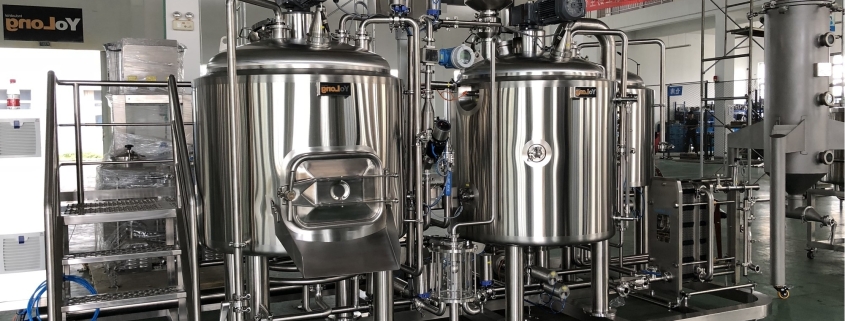Choosing Reliable Beer Equipment Suppliers in 2025
Why Choosing the Right Beer Equipment Supplier Matters
Brewing beer isn’t just a weekend hobby for most people in the business. It’s a craft, a passion, and a livelihood. And just like a carpenter is only as good as his tools, a brewer is only as good as their equipment. Choosing the right beer equipment supplier is like picking your brewing sidekick.
Let’s face it, if your supplier gives you subpar fermenters or a mash tun that leaks more than it holds, your beer will suffer. And in the hyper-competitive world of craft brewing, that could be game over. The right supplier doesn’t just sell you gear; they provide support, advice, warranties, maintenance services, and sometimes even layout design for your brewery.
A great supplier will help you scale from a garage setup to a full-blown commercial operation. And trust me, not all suppliers are created equal.

Types of Beer Brewing Equipment You Need
So, what kind of gear are we talking about here? Well, the brewing process is a bit like cooking a complex recipe, and each step requires a specific tool. Let’s dive into the core components:
- Mash Tun: This is where your malted grains get mixed with hot water to extract those sweet, fermentable sugars. The quality of your mash tun affects temperature consistency, and that directly impacts flavor.
- Lauter Tun: Once the mash is done, the wort is separated from the spent grains here. Think of this as the straining step in your beer-making recipe.
- Brew Kettle: Here’s where the magic happens. You boil the wort, add hops, and develop those deep, complex flavors. The kettle needs to be sturdy and have excellent heat distribution.
- Fermenters: These come in all shapes and sizes, but their job is universal — this is where yeast works its magic. Stainless steel is the gold standard for cleanliness and durability.
- Brite Tanks: These are used for conditioning and carbonating the beer. They make sure your brew is crystal clear and ready to pour.
- Cooling Systems: Proper temperature control is non-negotiable. Glycol chillers, jacketed fermenters, and cold rooms are all part of the equation.
- Cleaning Systems (CIP Units): Cleanliness is next to godliness in brewing. CIP systems make it easier to sanitize tanks and lines without tearing everything apart.
- Packaging Equipment: Depending on your market, you may need bottling, canning, or kegging lines.
- Control Panels and Automation: Want to brew at 2 AM without being in the room? Automation lets you monitor and manage your process remotely. Ideal for consistency and scaling up.
Key Factors to Consider When Selecting a Supplier
Not all beer equipment suppliers are cut from the same cloth. Here are some things to chew on before signing on the dotted line:
- Reputation and Reviews: Look beyond the slick website. Check forums, Reddit threads, and customer testimonials. A supplier who ghosts after payment isn’t worth your money.
- Customization: Does the supplier offer tailor-made systems that fit your brewery size and workflow? Cookie-cutter gear can bottleneck your creativity and efficiency.
- Material Quality: Stainless steel grade, weld quality, and finishing standards matter. Poor craftsmanship can lead to contamination and batch inconsistencies.
- Technical Support: When your glycol chiller goes rogue in the middle of fermentation, you’ll want a responsive tech team, not an overseas voicemail box.
- Installation and Training: Top-tier suppliers often send teams to help you install the equipment and train your crew. This is gold, especially for first-timers.
- Price vs. Value: Don’t just look at the price tag. Compare long-term value. A cheaper system might cost more in maintenance and downtime later.
- Scalability: Will the same supplier be able to support your growth? Starting with a 3 BBL system is cool, but what about when you hit 30 BBL?
Top Regions or Countries Known for Quality Beer Equipment Suppliers
| Region / Country | Key Strengths | Notable Suppliers | Typical Price Range | Shipping Considerations |
|---|---|---|---|---|
| Germany | Engineering precision, long-standing brewing tradition | BrauKon, Krones | High | Expensive but reliable logistics |
| USA | Strong craft beer market, customizable solutions | Portland Kettle Works, Stout Tanks | Mid to High | Easier for domestic brewers |
| China | Cost-effective manufacturing, fast production timelines | Tiantai, DEGONG, YoLong | Low to Mid | Watch out for QC and import duties |
| Canada | Good for North American buyers, competitive quality | DME Brewing Solutions | Mid | Smooth logistics across U.S. and Canada |
| Czech Republic | Traditional lager brewing, excellent stainless craftsmanship | Pacovske Strojirny | Mid to High | Great for European buyers |


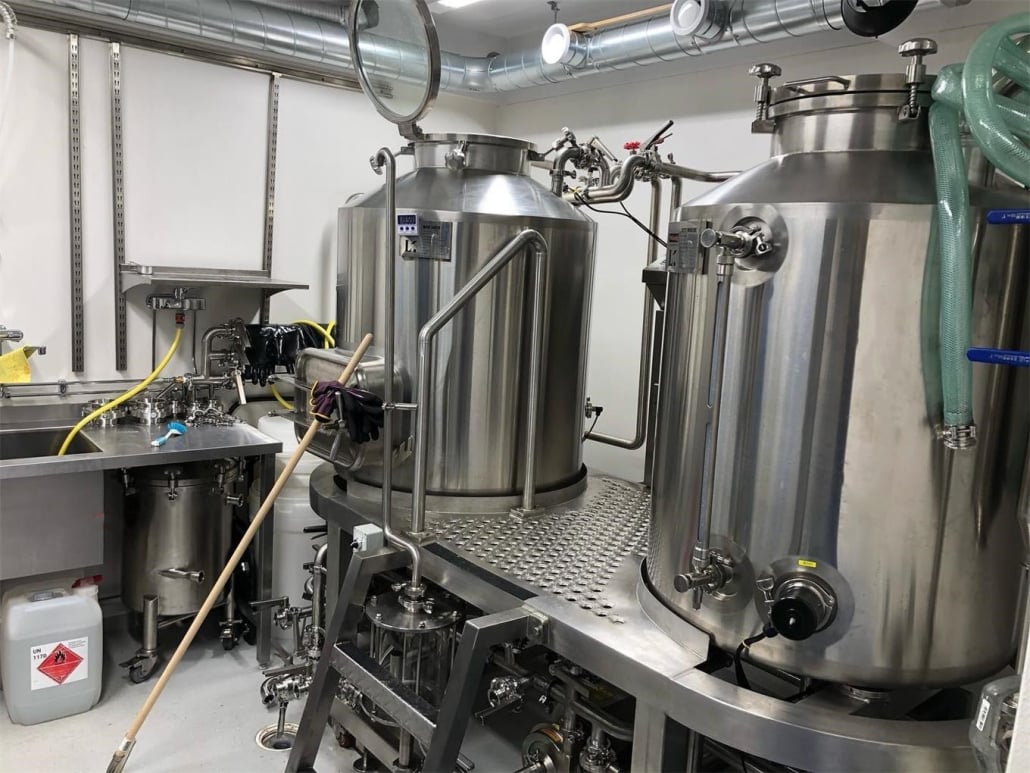
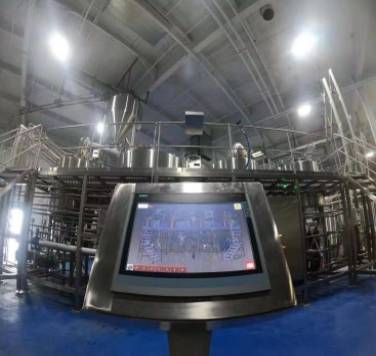
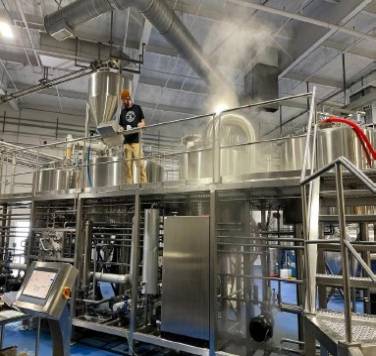
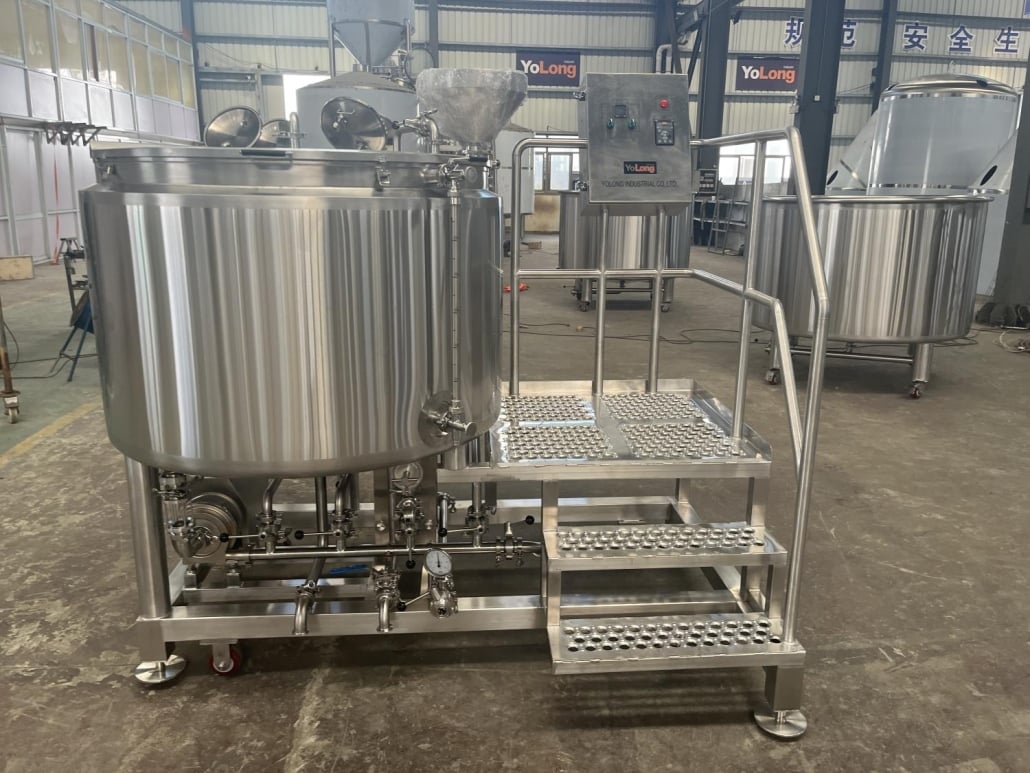
Red Flags to Watch Out For
Okay, so now you know what to look for. But what about the stuff that screams “run for the hills”? Here are some warning signs:
- Too-good-to-be-true prices: If a full brewing system costs less than a used car, it probably won’t last much longer than one.
- Vague specs: If the supplier dodges technical questions or doesn’t provide detailed equipment specs, walk away.
- No after-sales support: Once they have your money, do they disappear? Ask about warranty, spare parts, and technician access.
- Bad welds and finish: Poor stainless welding = bacteria playground. If the finish looks sloppy, imagine what the internals look like.
- Pushy sales tactics: Are they listening to your needs or pushing a pre-packaged system? You want a consultant, not a used car salesman.
- No referrals or case studies: Legit companies are proud of their clients. If they can’t give you a single reference, that’s a red flag.
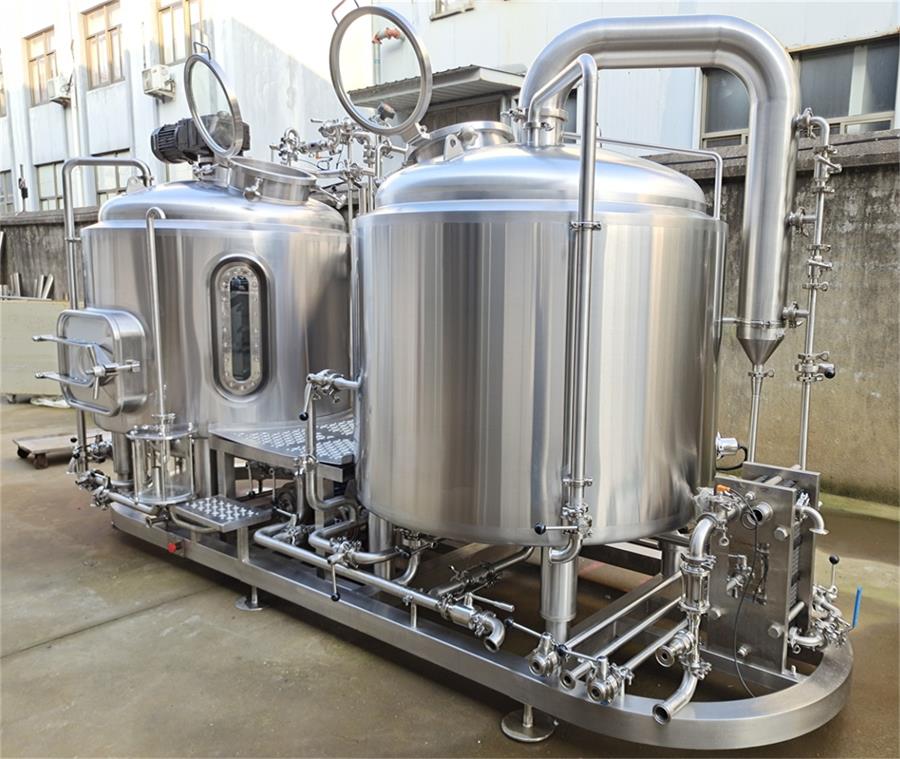
FAQs
| Question | Answer |
|---|---|
| What size brewery should I start with? | That depends on your goals. Home brewers can start with 5-gallon kits; commercial brewers often begin with 3 to 7 BBL systems. |
| Are Chinese beer equipment suppliers reliable? | Some are excellent, but quality control varies. Stick to well-reviewed manufacturers and request specs and samples. |
| How do I know if my supplier uses food-grade stainless? | Ask for material certifications. 304 or 316 stainless steel is standard in brewing. |
| Can I upgrade equipment as I grow? | Yes! Modular designs and scalable systems make it easier to add tanks, lines, and automation later. |
| What’s the lead time for new brewing systems? | Typically ranges from 4 to 16 weeks, depending on complexity and origin. |

